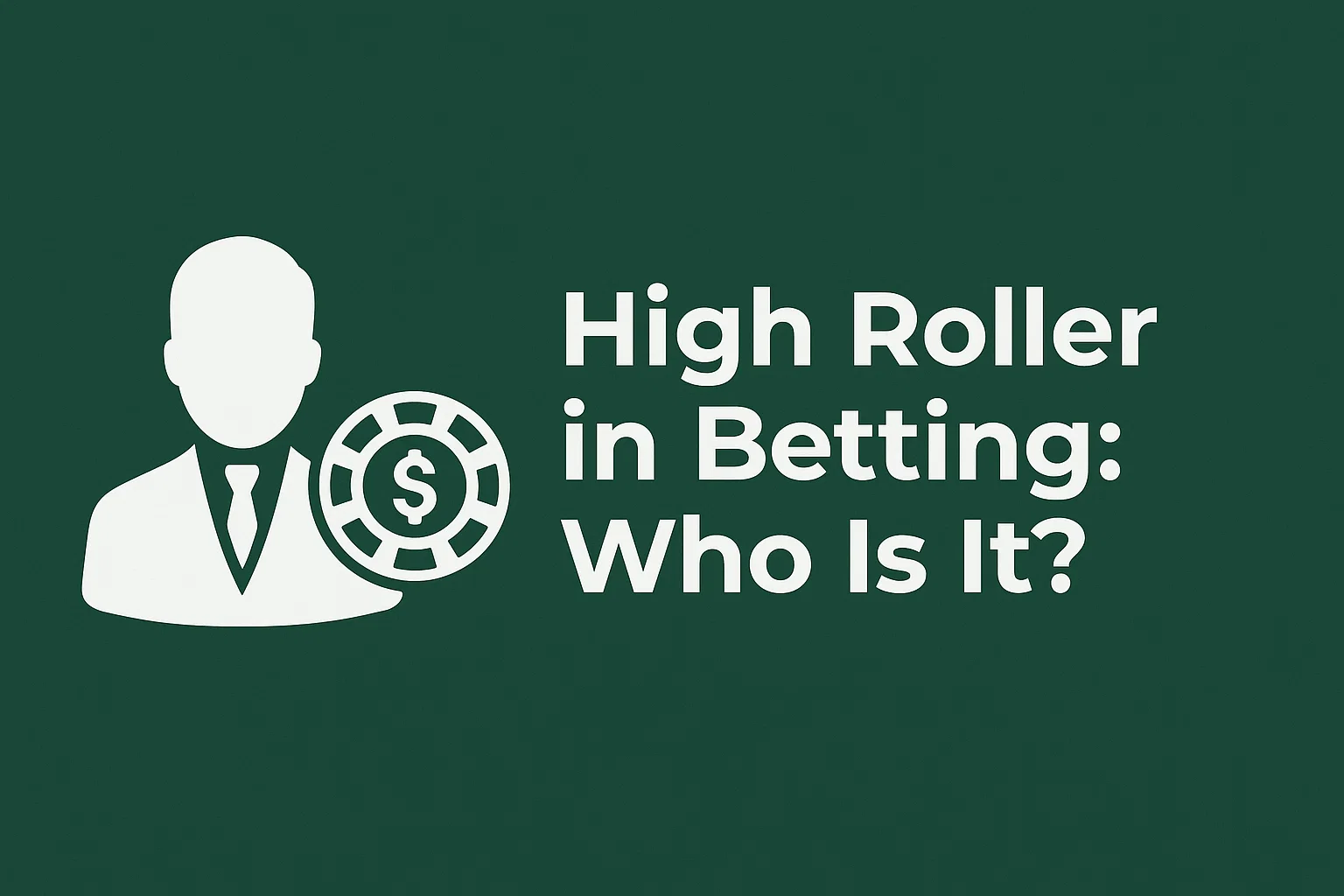High Roller in Betting: Who Is It?

A high roller sports gambler is a special type of player. Bookmaker patrons gamble in a number of ways: some prefer to bet for one side all the time, while others divide their wagers between multiple sides. The term "high roller" is an allusion to an entire group of players, and their behavior has a tendency to attract the attention of regular gamblers as well as operators. They also use resources like the 1xBet iPhone app to place their big bets conveniently when they are on the go.
What Is a High Roller in Betting?
Let's consider who precisely can be defined as a high roller in sports betting. That is those players who enjoy betting large stakes. Such players will put on the maximum possible limit the bookmaker allows. 100–100 $ wagers are beyond their interest. To most of the high rollers, the minimum wager is 1000. Bookmakers treat this segment of clients rather ambiguously.
How Do Bookmakers Deal with High Rollers?
At first glance, a football high roller—or even any sport—is a bookmaker's dream catch. Companies would like to expand their customer base, and money-making players can quickly become favorites. In reality, however, some bookmakers are reluctant to have high-stakes players. There are several reasons for this:
- a need to change betting lines;
- suspicion of insider information access;
- a need to place restrictions.
The bookmaker profits from margin. The operator ideally will price so that, regardless of what the result of the game is, it is in profit because of the built-in commission. The bookmaker essentially pays out money to customers while keeping its share.
A large bet on an individual event makes the line unbalanced. The line would need to be adjusted by the operator. Regular bettors notice these suspicious trends using tracking software and increase stakes proportionately. Odds will need to be adjusted faster. Thus, the bookmaker may lose money if a specific outcome is achieved.
High flyers in football and other sports also raise suspicions for a different reason: common sense dictates that one who is prepared to risk tens of thousands of dollars is certain of the outcome. Only a fixed match could provide such certainty. Therefore, the bookmaker looks more closely at such events.
Successful high-stakes players are a headache for bookmakers. Regularly prohibitions are placed on such players. High rollers are not excluded—consistently winning with large stakes almost always leads to harsh gambling limits. At this point, the player must either abandon their betting style or go looking elsewhere for a new bookmaker.
When Do Bookmakers Support High Rollers?
Most of the big stakes are owned by situational players. They bet rarely, sometimes only a few times a month, and very thoroughly select events. But even thorough analysis cannot protect from losses. Some lose millions on one bet.
These are the kind of customers bookmakers truly value. Even bookmakers create special offers for high rollers—incentives far more spectacular than standard promotions for regular bettors. High rollers who wager big amounts quickly join the bookmaker's VIP club, where they reap cashback and other elitist benefits.
Do You Need to Bet Like a High Roller?
Some betting guides allow you to track the quantity of placed bets on events and the money involved. Players then build their own betting strategy based on this data, which includes:
- analyzing money flows;
- betting on the "big money" terms.
The routine makes sense, but it possesses some drawbacks. In case a big-bet winner shows up, bookmakers can requote the prize in regular odds. Why? Large-scale rumors about match-fixing.